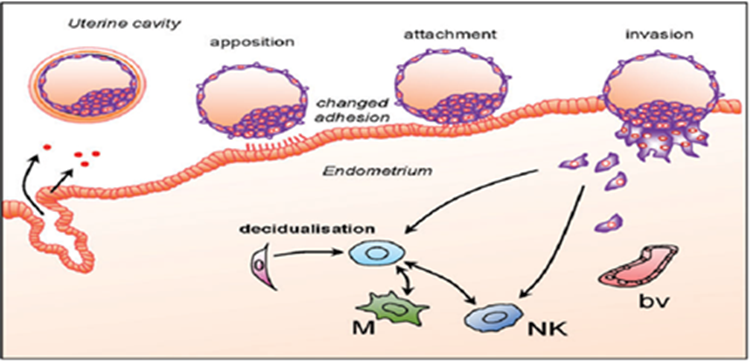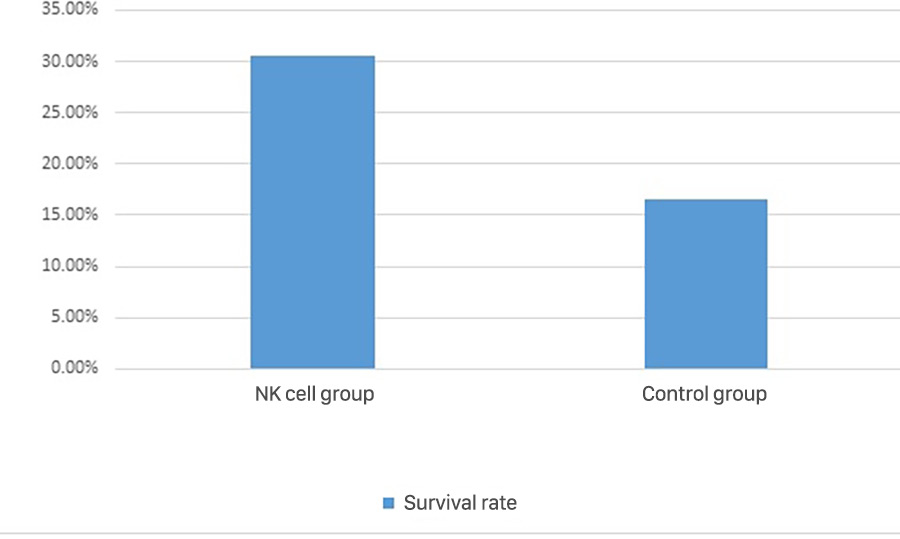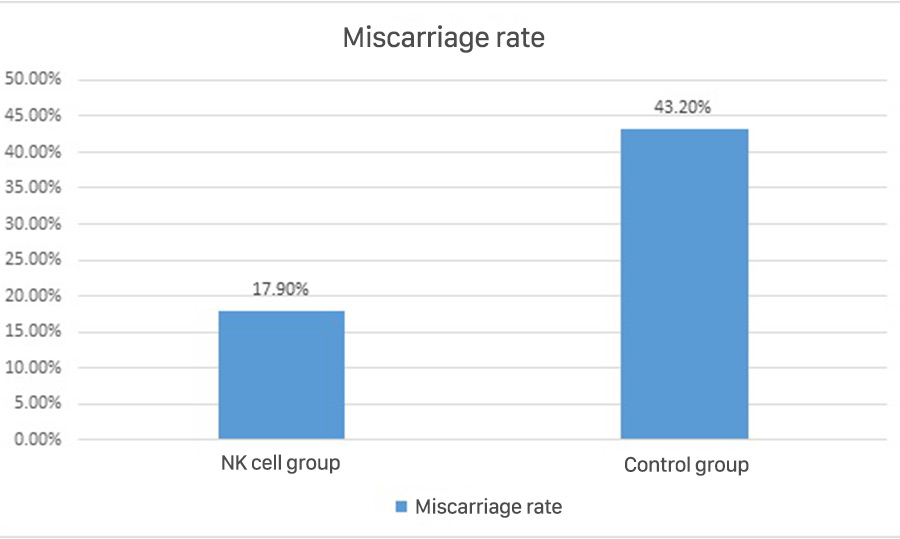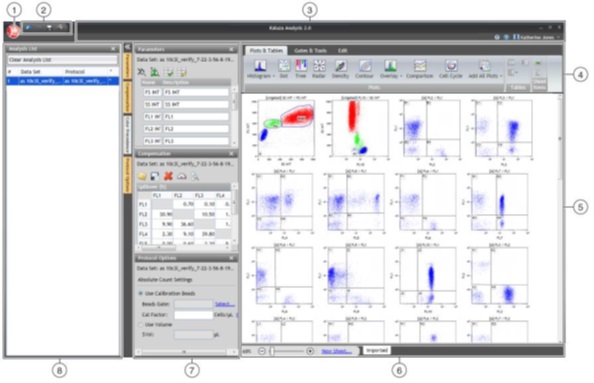
GENNK
NK CELLS - RECURRENT IVF FAILURE AND RECURRENT MISCARRIAGE
What is NK?
NK cells, also known as natural killer cells, are lymphocytes that originate in the bone marrow. NK cells play an important role in the immune response to virus-infected cells, resistance to tumor formation, as well as play an important role in embryo implantation.
Regarding infertility in general and ventricular reimplantation in IVF and consecutive miscarriages in particular, there are two types of NK cells: peripheral NK and uterine NK
NK and recurrent IVF failure
The embryo's genes are different from the mother's genes, it only receives a quarter of the genetic capital from the mother. The embryo is therefore a hemi-allograft. As a result, immunologically, the embryo is a graft that is not compatible with the mother's immune system, and the embryo faces rejection. In other words, for the embryo to successfully implant, it is necessary and sufficient that it initiates an immunosuppressive process, to prevent the mother's body from rejecting the semi-heterozygous piece (embryo).
NK cells are the main immune cells found in the uterus. The number of NK cells will increase during the embryo transfer into the uterus for implantation. NK stimulates angiogenic factors and regulates embryonic invasion into the uterus. The number of NK cells begins to decrease at the 20th week of pregnancy and is at rest during the last stages of pregnancy.

Elevated numbers and activities of NK cells lead to increased secretion of toxicity, unregulated local immunity, embryo rejection, and endometrial degeneration.
In contrast, deficiency of NK cells, immunosuppressive cells, failure to secrete angiogenic cytokines leads to non-reception and adhesion of embryos to the uterus.
What is GENNK
- NK testing includes peripheral blood tests and uterine biopsy to assess the number and activity of NK cells. Peripheral blood testing may be done along with a uterine biopsy.
- A biopsy of the uterus is performed by inserting a flexible catheter into the uterus, gently sucking on the uterine wall to remove a small amount of sample and send it to the laboratory. Uterine biopsies are performed in the luteal phase, on days 21 to 28 of the menstrual cycle.
Rationale
- A study was performed on 160 women, 72 women with uterine infection higher than 5% were treated with prednisolone. As a result, the percentage of women who gave birth to healthy babies after treatment with prednisolone was 60% compared with 40% in the control group. (2)
- Another study was performed on 112 women with high peripheral blood NK testing and treated with prednisolone and showed a higher pregnancy rate compared with controls (48% vs 30%). (3).
- In obstetrics: NK test helps to reduce miscarriage rate; Increased fertility rate (The group that used NK testing and treatment had twice the survival rate compared to the control group.


(Ledee et al., 2017)
1, Quenby S, Farquharson R, Young M, Vince G. Successful pregnancy outcome following 19 consecutive miscarriages: case report. Hum Reprod. 2003;18(12):2562-
2, Tang AW, Alfirevic Z, Turner MA, Drury JA, Small R, Quenby S. A feasibility trial of screening women with idiopathic recurrent miscarriage for high uterine natural killer cell density and randomizing to prednisolone or placebo when pregnant. Hum Reprod. 2013;28(7):1743-52.
3, Othman MASSATNKSMAKJSA. P-249 Prednisolone improves implantation in ICSI patients with high peripheral CD69 + NK Cells2011.
Indication
- Patients with recurrent miscarriages (defined as ≥3 consecutive miscarriages for women <35 years of age, and ≥2 consecutive miscarriages for women ≥35 years of age)
- Recurrent IVF failure (defined as ≥ 2 IVF failures).
Testing at Gentis
Peripheral blood test:
- 2 - 3 ml of whole blood stored in EDTA tubes at 2 - 8°C
Uterine biopsy:
- 30-50mg of endometrium stored in a heparin tube at 2-8°C

Technique
Flow cytometry
- A new innovative technique, used to count cells, classify cells, and identify biomarkers by placing cells in a stream of liquid, then passing them through an electronic detector.
- This technique allows simultaneous multi-parameter accurate analysis of the physical and chemical properties of cells at a rate that can reach thousands of cells per second.
- Fast: Total time for sample processing, sample run and analysis is 100 minutes.
- A single run could analyse up to 96 samples.
- Offering a flexible solution in terms of configuration, there are 3 laser sources with the ability to detect up to 13 fluorescence colors.
- Using Kaluza analysis software, analyze all physicochemical properties on NK cells.

Please fill in the information below to receive our supports and consultations!







